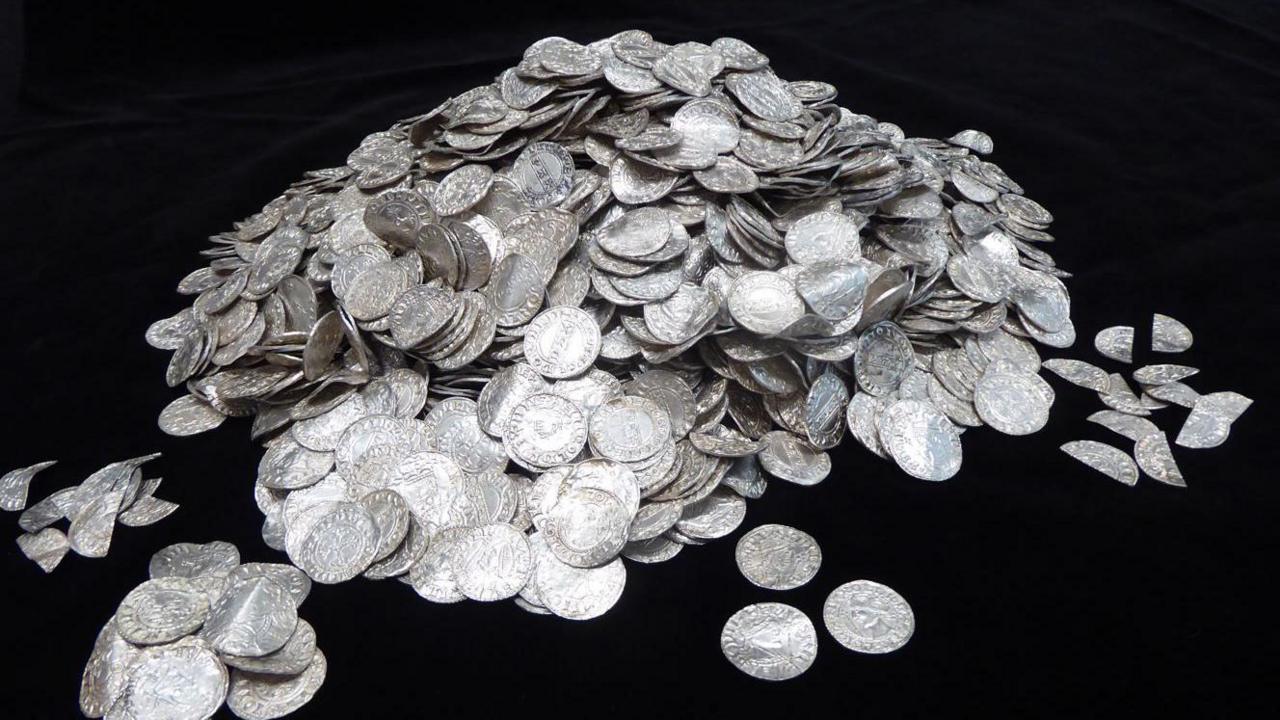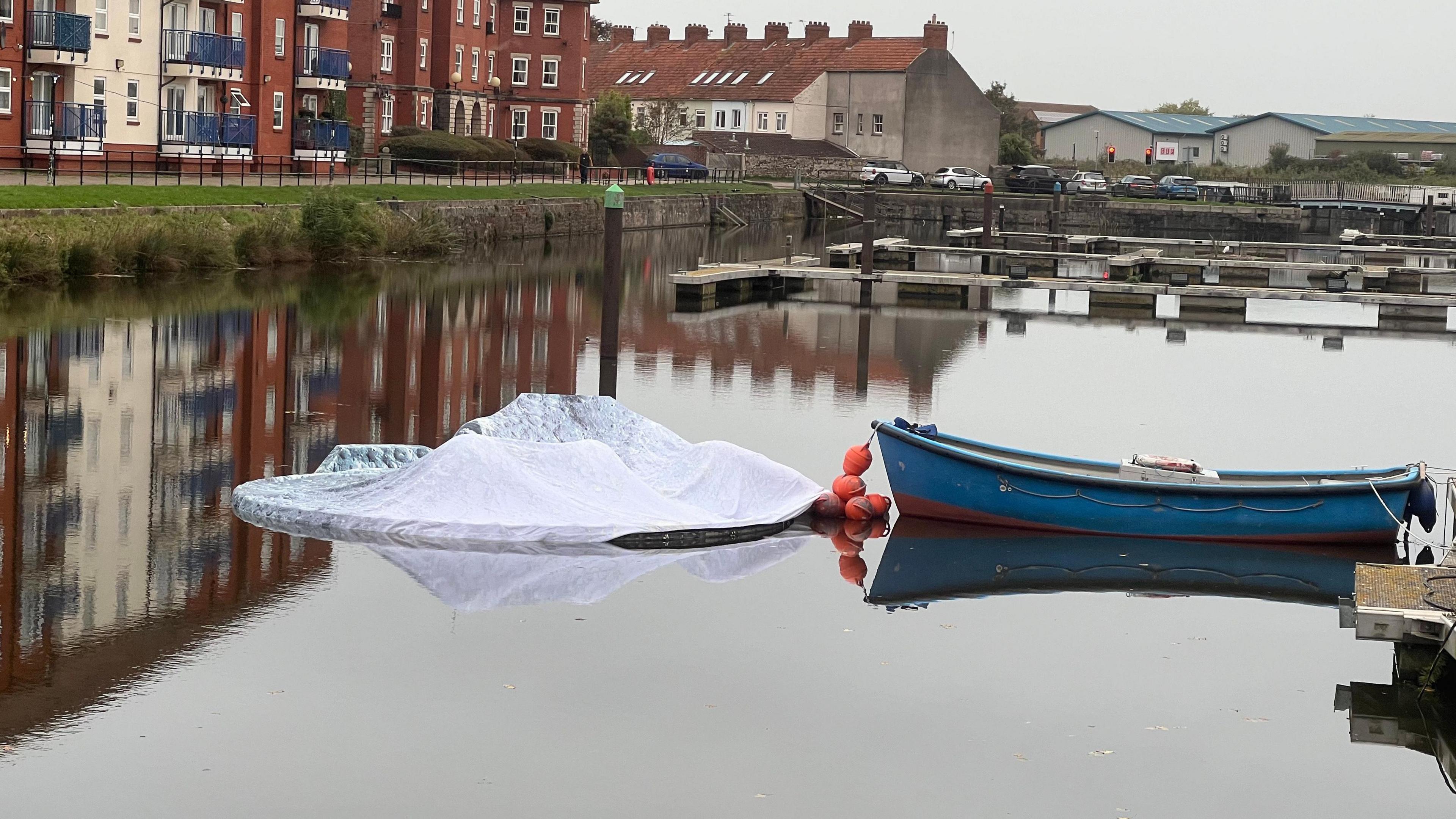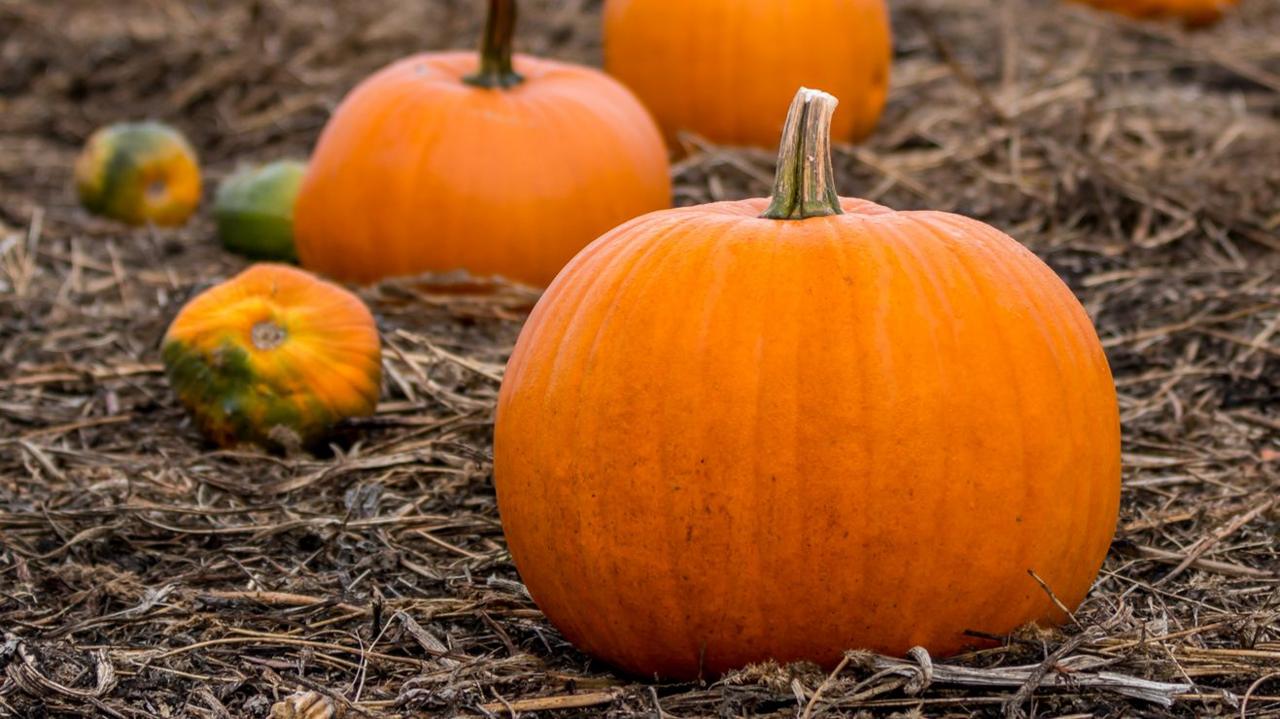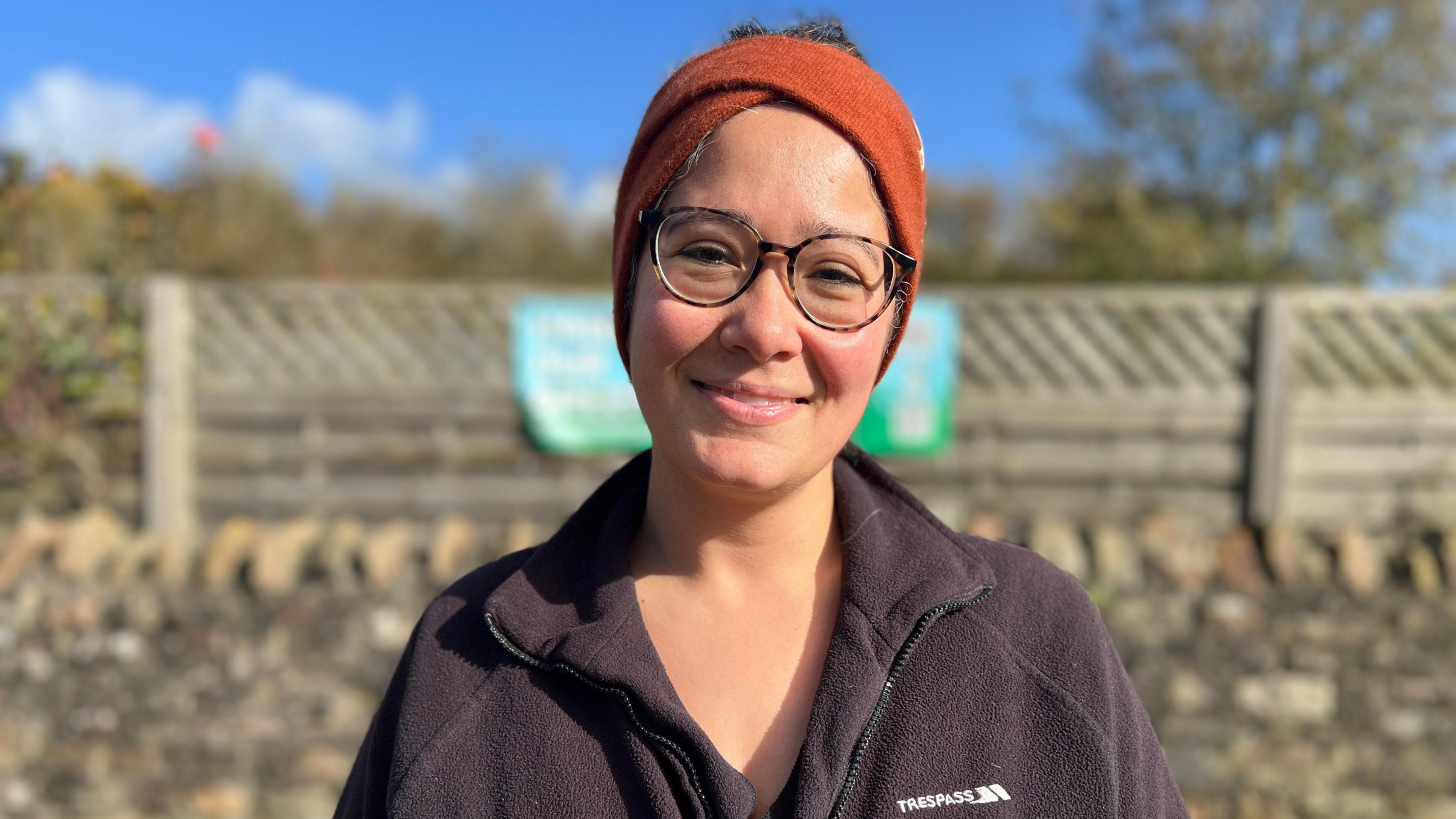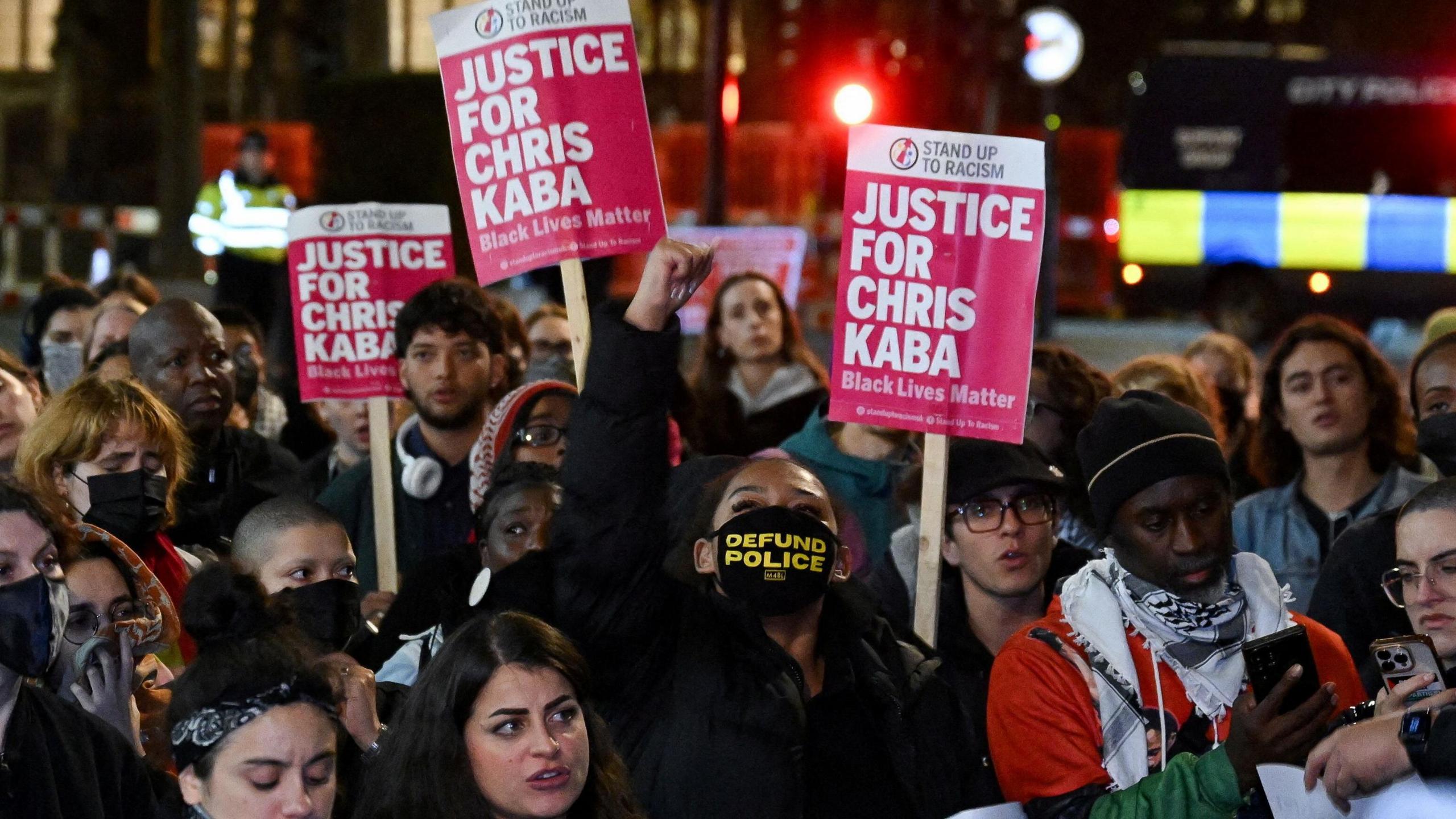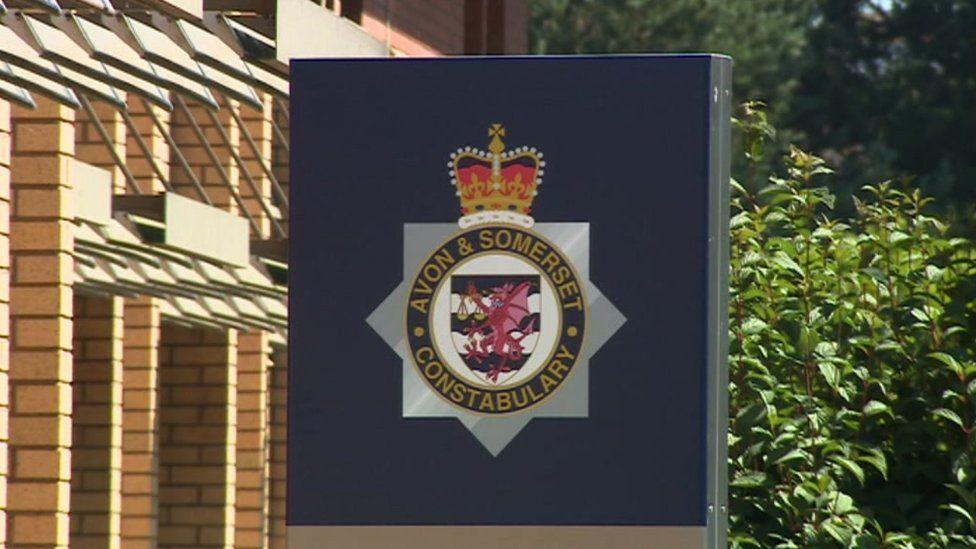A hoard of 2,584 silver pennies from the time of the Norman Conquest has been bought for £4.3m – making it the highest-value treasure ever found in the UK.
The South West Heritage Trust has bought the “unprecedented” hoard of coins from the Crown.
The metal detectorists who found the coins will split the proceeds with the landowner.
The Chew Valley Hoard, as it is now known, was discovered on 26 January 2019 by seven finders while they were metal detecting in the Chew Valley area of Bath and North East Somerset.
Sam Astill, chief executive of the South West Heritage Trust, said: “The hoard symbolises a pivotal moment in English history, and we are delighted to have made this acquisition so that it may be enjoyed by generations to come.”
Lisa Grace and Adam Staples unearthed the bulk of the coins with five friends on a weekend trip in 2019.
They have previously said how it was a “dream” to find so many coins.
From 26 November the coins will go on display at the British Museum.
They will later be displayed at museums across the UK, including in Bath, before finding a permanent home at the Museum of Somerset in Taunton.
Experts suspect the coins were likely buried for safekeeping in the turmoil of the Norman Conquest.
Represented on just under half the coins is Harold II (1066) the last crowned Saxon king of England and the other half feature William I (1066-1087).
It is the largest hoard found in the UK from the period after the Norman Conquest.
Heritage Minister, Sir Chris Bryant, said: “This remarkable hoard gives us unique insight into our country’s rich history and one of the most important moments in our history, when these islands were thrown into turmoil by the Norman Conquest.”
The South West Heritage Trust was awarded £4,420,527 by The National Lottery Heritage Fund to buy the hoard.
The trust was also given £150,000 from the Art Fund, alongside smaller grants from the Friends of The Museum of Somerset and the Somerset Archaeological and Natural History Society.
National Lottery Heritage Fund chief executive Eilish McGuinness said it was delighted to support buying the coins and to help fund a permanent display in Somerset.
Somerset Council leader Bill Revans said: “The county has a rich heritage and this acquisition will help bring history to life; residents and visitors will be able to engage with the hoard through learning activities and workshops.”
-
Under the Treasure Act 1996, external, finders of potential treasure in England, Wales and Northern Ireland are legally obliged to notify their local coroner
-
An inquest then determines whether the finds constitute treasure
-
The act contains a number of definitions of “treasure”, including prehistoric objects, coins that contain gold or silver and are at least 300 years old, or more recent valuable objects that have been deliberately hidden
-
If the find is declared treasure, the finder must offer it for sale to a museum at a price set by the British Museum’s Treasure Valuation Committee
-
A reward is then offered to the finders and other relevant parties
Follow BBC Somerset on Facebook, external and X, external. Send your story ideas to us on email or via WhatsApp on 0800 313 4630.

